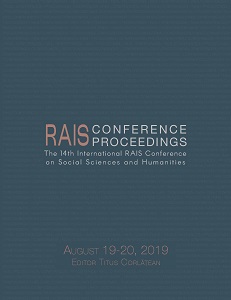Poor Results in the Evaluations of the Programme for International Student Assessment (PISA) and the Unsuccessfulness in the Evaluation
of Public Policies for Education
Poor Results in the Evaluations of the Programme for International Student Assessment (PISA) and the Unsuccessfulness in the Evaluation of Public Policies for Education
Author(s): Katia Bautheney
Subject(s): Higher Education , State/Government and Education
Published by: Scientia Moralitas Research Institute
Keywords: assessment; education; public policies; PISA; academic performance;
Summary/Abstract: The news on Brazil’s low ranking in each edition of the Programme for International Student Assessment (PISA) tests creates intense debate about the quality of education in the country, portrayed by the mainstream media, whose discourse will be analyzed herein in order to exemplify contradictions that may become obstacles to the improvement of these indicators. What prevails is an interpretation of the results of standardized educational assessments that holds students (and by association their teachers and their schools) accountable for the poor results in these tests. Although progress has been made in terms of democratizing the entrance of the Brazilian population in schools, said approach compromises students’ possibility to remain in school, as well as their access to a quality education through an educational policy perspective that prioritizes social reception to the detriment of the commitment with knowledge transmission. In the discourses analyzed in this work, we notice there is no emphasis on the fact that international assessments, such as the PISA, should be used to measure the efficiency of a country’s public policies for education instead of individuals. When one simplifies the analysis of these assessments’ results through a discourse that stresses only the measurement of students’ performance, one obliterates the Government’s duty to ensure quality education. Said movement is justified by a psychologizing interpretation of human development as a mechanism for segregation and pedagogical exclusion.
Book: Proceedings of the 14th International RAIS Conference on Social Sciences and Humanities
- Page Range: 158-163
- Page Count: 6
- Publication Year: 2019
- Language: English
- Content File-PDF

